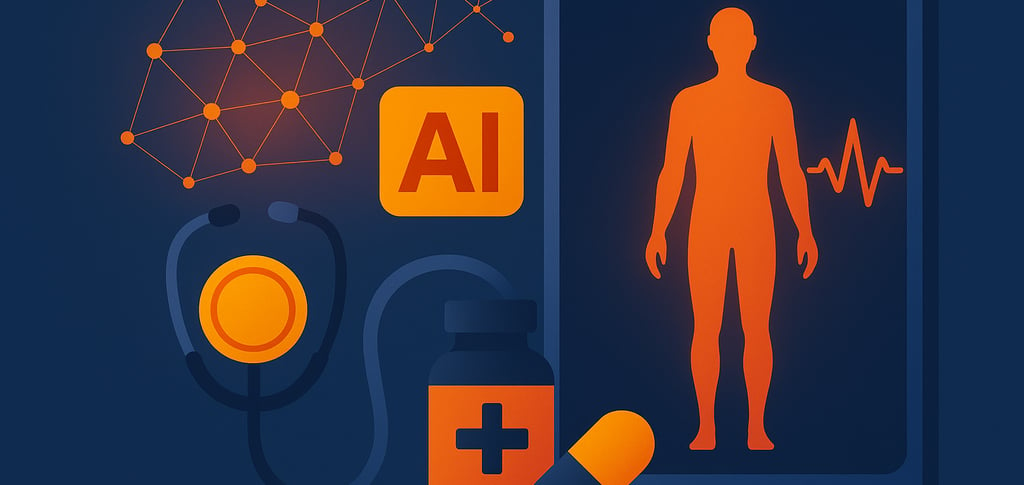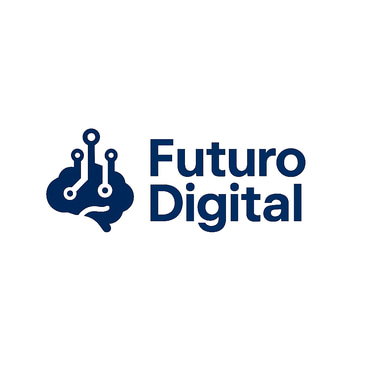Artificial Intelligence in Healthcare
Artificial intelligence (AI) is profoundly transforming the healthcare sector, bringing advances in diagnostics, treatments, and preventive medicine.
8/28/20251 min read


Innovation
Discover how AI transforms everyday life
Technology
Blog
suportevirtual@futurodigital.blog
© 2025. All rights reserved.
Other Pages
